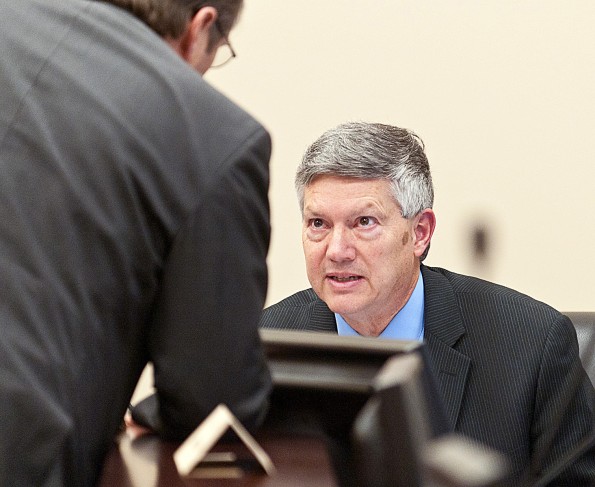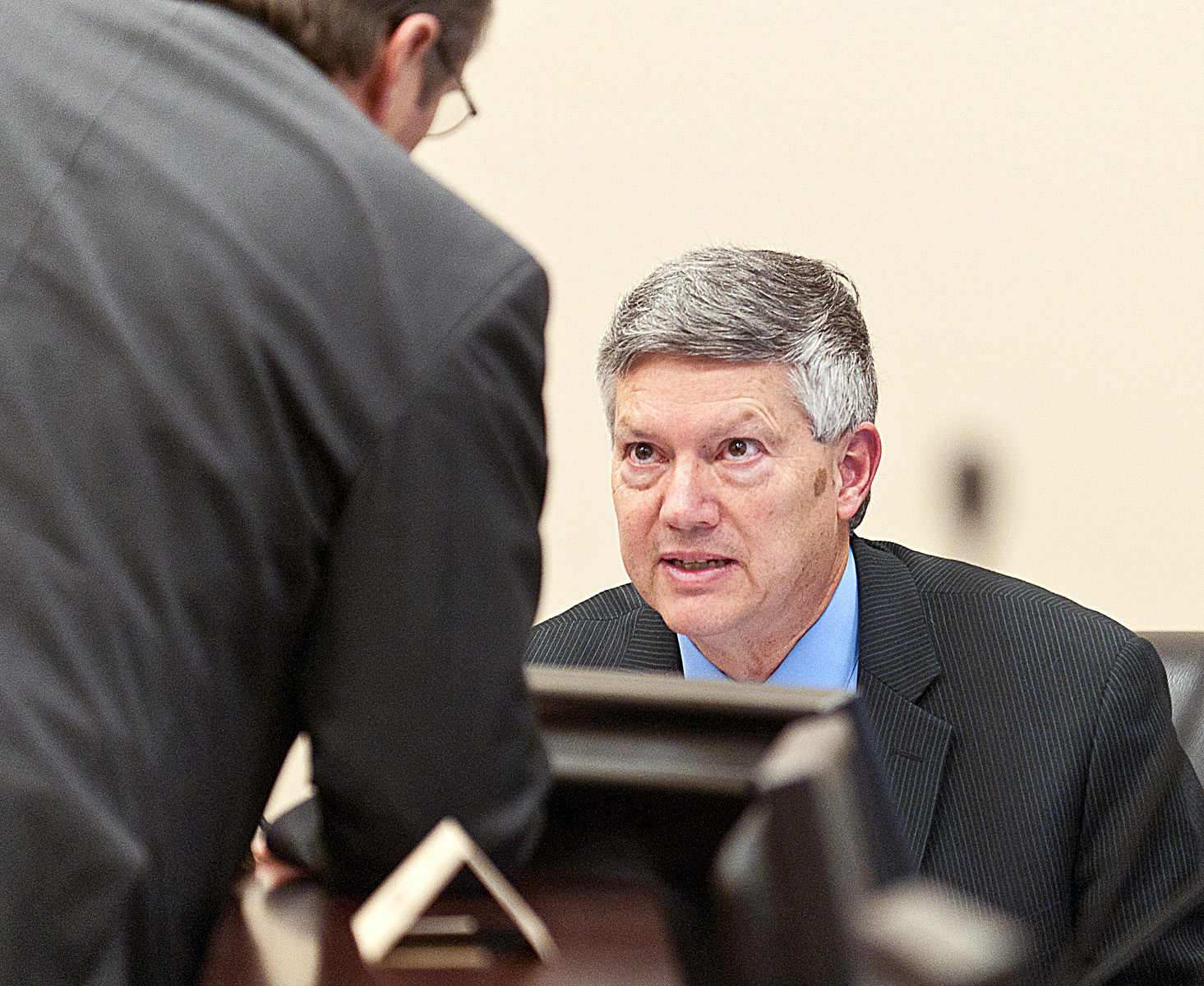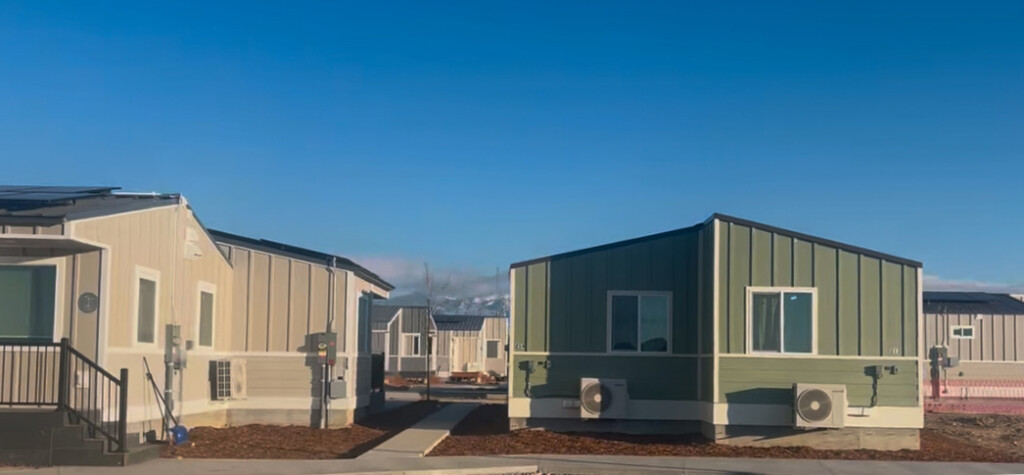
On Wednesday, the House Revenue and Taxation Committee unanimously (13-0) moved closer to creating a new $2,500 tax credit (HB47), which would encourage the purchase of electric cars. Meanwhile the Senate Transportation Committee approved SB139 (2-1), which would triple the registration fee for those electric cars, as well as hybrid and natural gas vehicles.
The SB139 sponsor, Sen. Wayne Harper, R-Taylorsville originally proposed the increased fees on the clean fuel vehicles to offset his perception that these cars circumvented the gas tax by their very nature of using less or no gasoline. Harper was looking for more funds to help pay for the state’s roadway maintenance.
On Wednesday in committee Harper amended his assault on alternative vehicles earmarking the new tax funds to help pay for HB47. He said the new electric car credit would have taken money away from the state’s education budget, which funded by income taxes.
Instead of the current vehicle registration fee of $43, Harper’s bill hits hybrid owners with a $138 annual fee, at the same time tripling the natural gas car fee and quadrupling the fee for the fully electric car.
At Wednesday’s Senate Transportation Committee hearing five clean-air advocates, who were allowed to speak (about a dozen were on hand), spoke out against the higher fees accusing Harper of penalizing the very people who were trying to help clean the air.
Steve Foxley, a lobbyist for the Alliance of Automobile Manufacturers summed it up best. “The two bills together make no sense,” he said.
Spread the word to help make Utah’s air cleaner, ‘like’ and share this post with your friends.
For other readings, see our articles on Utah’s Clean Air issue:
https://utahstories.com/2014/02/inversion-intervention-big-polluters-need-big-legislation/






